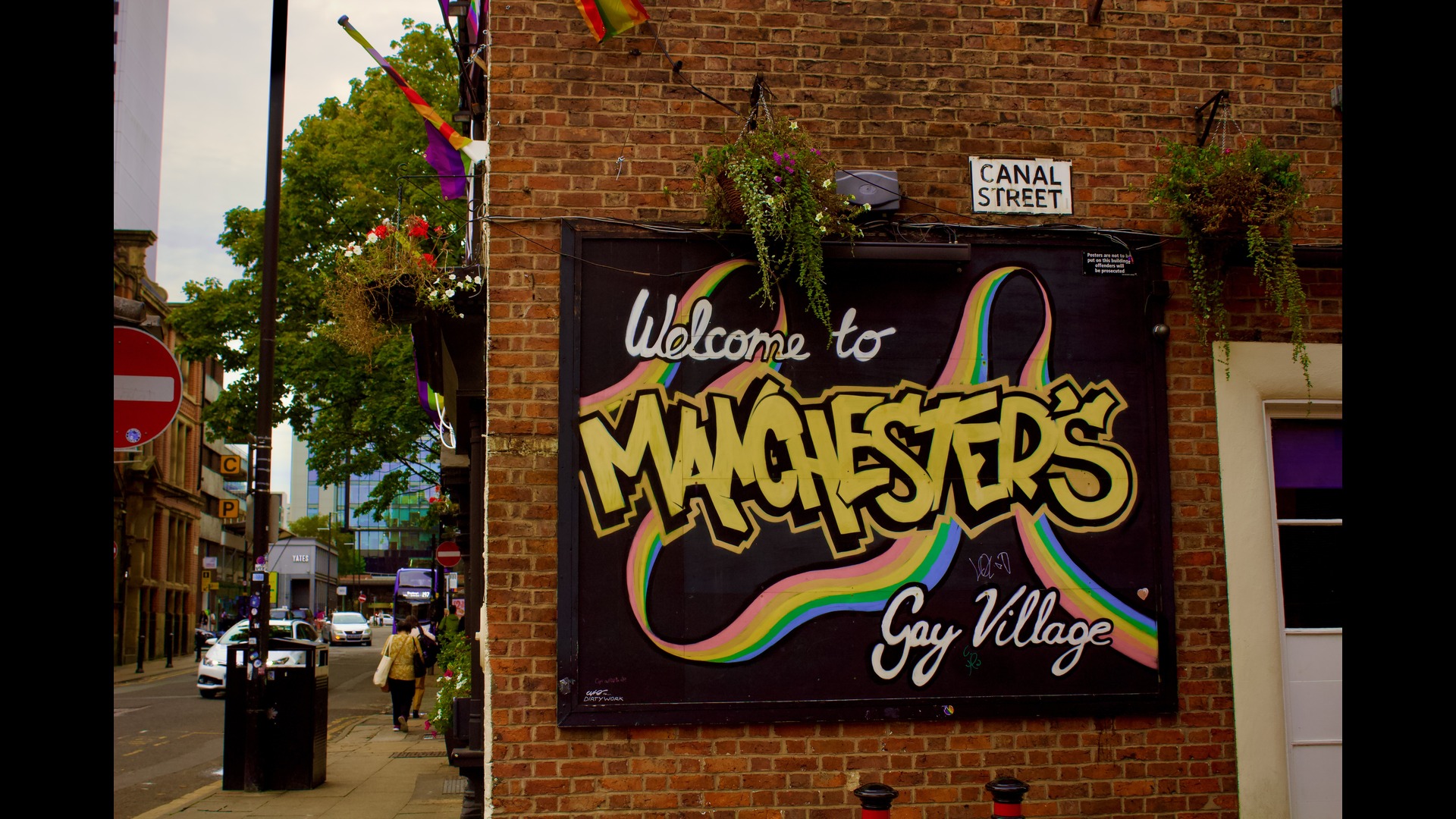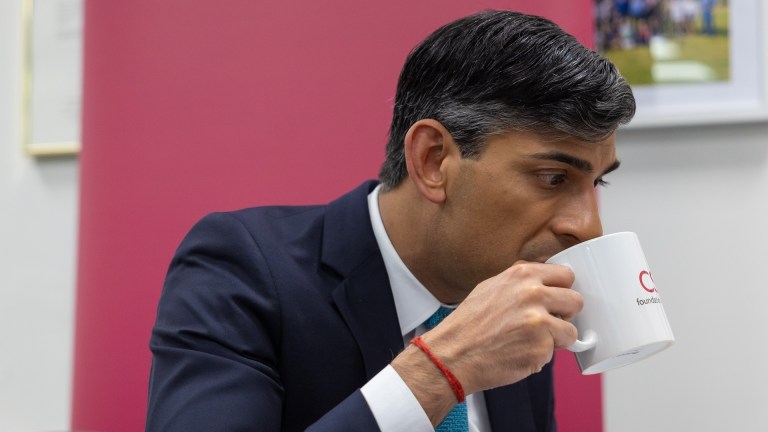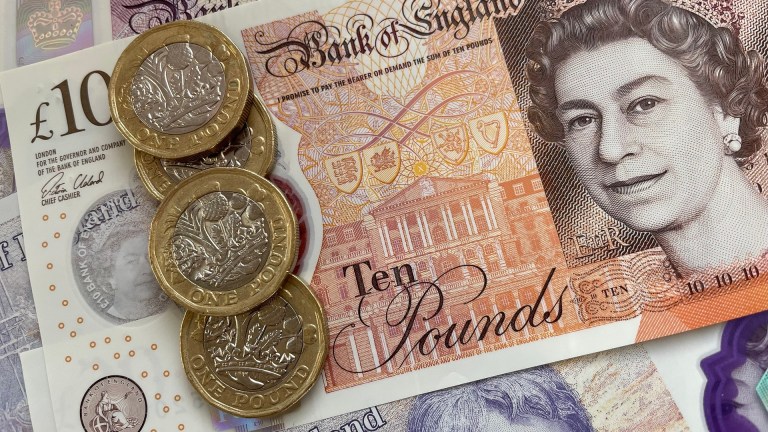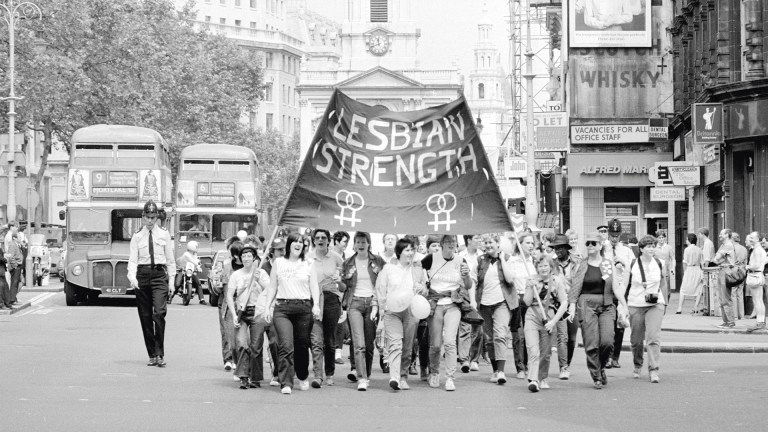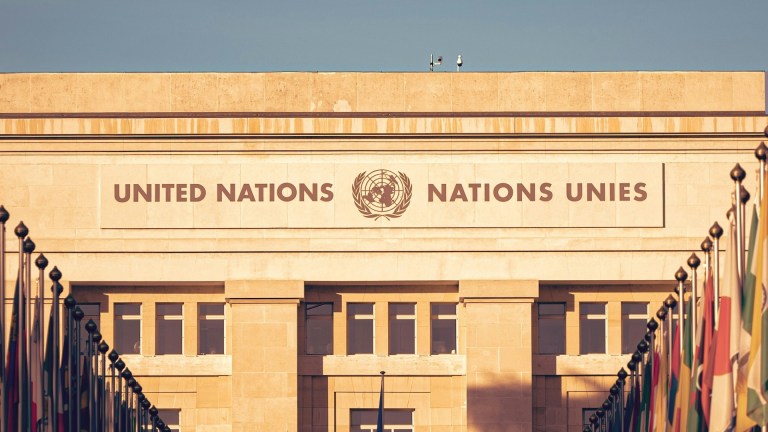He says: “Gay Village was meant to be a safe space for me to express myself. But now it’s filled with terrible memories that I can’t imagine having to relive.”
Vaibhav is not alone in this experience and one of the UK’s most queer-friendly cities had a huge issue of racism at its heart.
Outside of Manchester, such abuse is still prevalent.
In a London club, Sakshi was on a night out with her friends. On a visit to the toilet she became the target of repeated slurs.
She says: “I just went to the loo and saw a few drag queens there. They were all confused and looked at me as if I wasn’t supposed to be there.”
Sakshi was asked by the visitors: “Are you really a lesbian?” She ignored them but was tormented while in the stalls, with people banging on the doors and asking her to come out.
She stayed in the toilet for the next 30 minutes, when a friend came to help. She called the experience “traumatising”.
Seeing such experiences in queer spaces, Ryan Lanji, a producer of cultural events based in London, decided to create his own Bollywood-themed nightclub – Hungama, opened in 2017 – for “South Asian queers to express themselves”.
While the nightclub is based in London, Lanji recognised the importance of spreading this throughout the country. That’s why in 2023, he took a club night – Club Zindagi – on a tour of the UK.
Club Zindagi made one of its first visits to Manchester Gay Village’s Churchills. This was a direct attempt by Lanji to provide a solution to racism allegations in the city.
Jasmine, who attended the event, says: “That night was something that we had never seen before. It was confronting, a space for us to be ourselves.”
She called it one of the most emotional nights she had ever experienced. She could be queer, while also celebrating being Indian.
The night started with Bollywood music, served themed cocktails and brought out movies from her childhood that had queer messaging.
Jasmine recalls: “I made friends with people who had the same experience as me growing up. And the reason I could talk to them was because we felt like we could be free to be ourselves without any judgement.”
Since then, Club Zindagi has become a mainstay at Gay Village, showcasing a variety of Bollywood music while making it safe for South Asian queer people to enjoy a night out.
Others in Manchester are coming up with creative ways to be their authentic selves in safety.
That includes the House of Spice. A collective created by Lucky Roy Singh, a Mancunian drag queen, to form a space for South Asian and Middle Eastern drag queens.
Queen Sheeba, a member of the collective, says: “We didn’t purposely create this collective just to tackle racism in queer spaces. We made it so that we can more confidently express ourselves.”
She adds that now they use this platform to talk about racism in the industry and shed light on it. “It is important to show people that racism is still prevalent for two reasons. First to make white people believe that this does happen. But more importantly, to tell South Asians that it is ok to share their experience and not feel burdened by it. People will believe you.”
This is a common theme amongst many South Asians. In conversations for this article, many South Asian people questioned whether they should speak about their experiences. On one hand, there’s a fear that they’ll be accused of damaging the LGBTQ+ movement. On the other, many think there is still homophobia in South Asian communities. As a result, they feel uncomfortable talking about their experiences with family and friends.
Sejal is a queer activist, based in Brighton, who talks about the intersectionality of race and sexuality. She believes that queer spaces are becoming “more tolerant”.
She says: “Change is coming. Slowly, but surely, at least I hope, our world is developing.”
This article is taken from The Big Issue magazine, which exists to give homeless, long-term unemployed and marginalised people the opportunity to earn an income. To support our work buy a copy!
If you cannot reach your local vendor, you can still click HERE to subscribe to The Big Issue today. Or give a gift subscription to a friend or family member. You can also purchase one-off issues from The Big Issue Shop or The Big Issue app, available now from the App Store or Google Play
